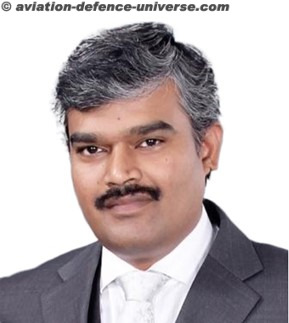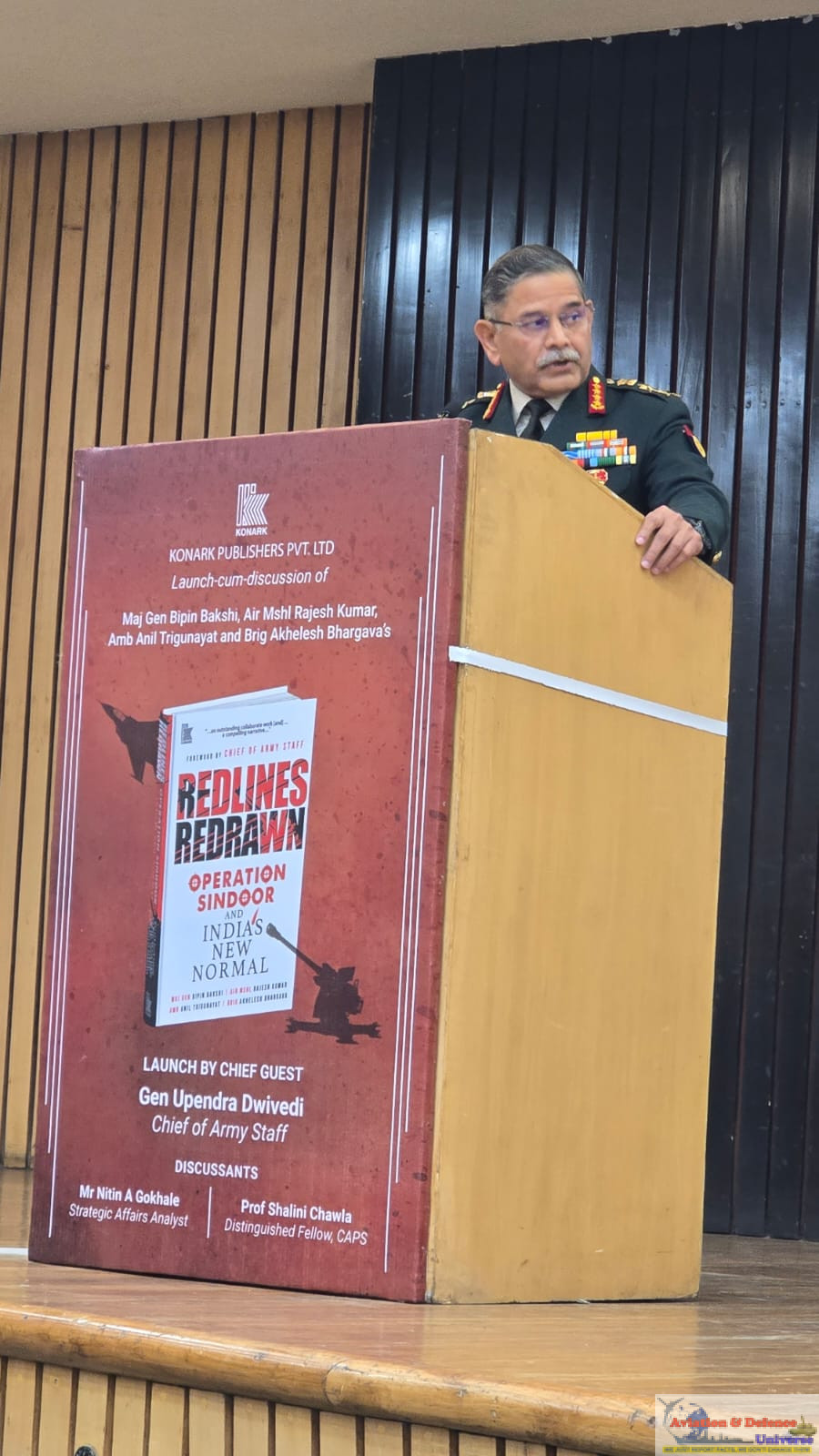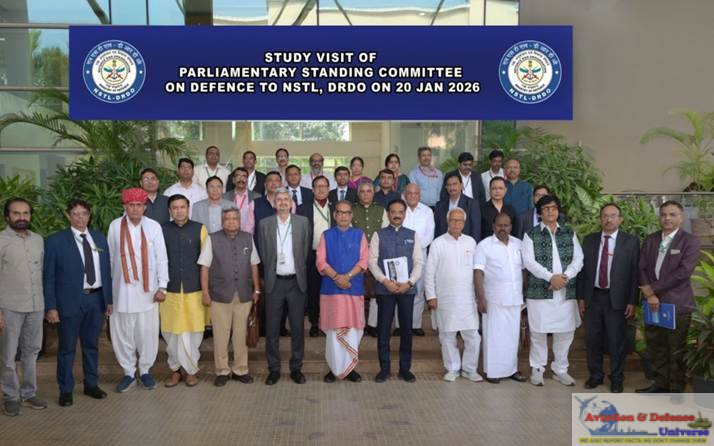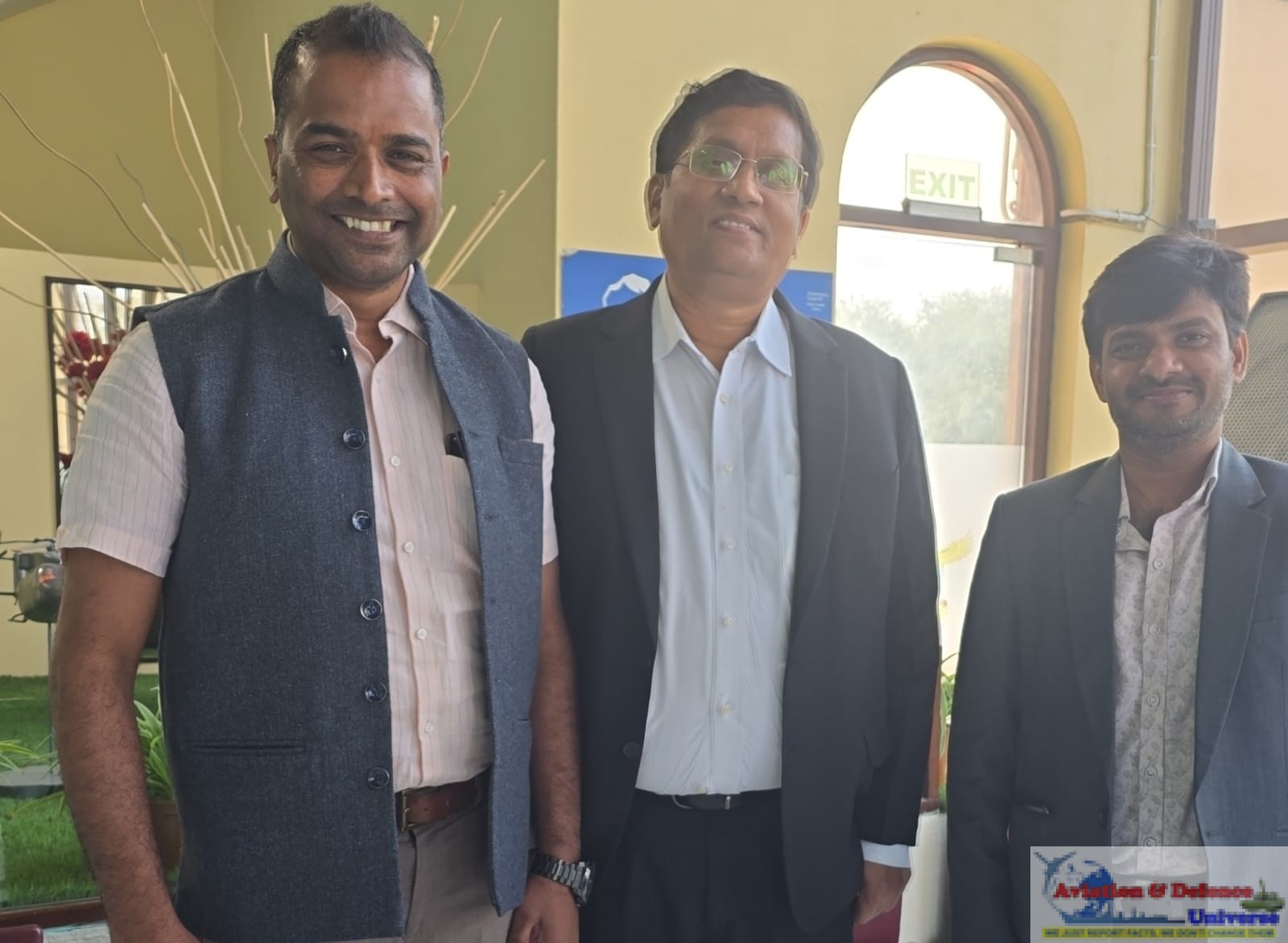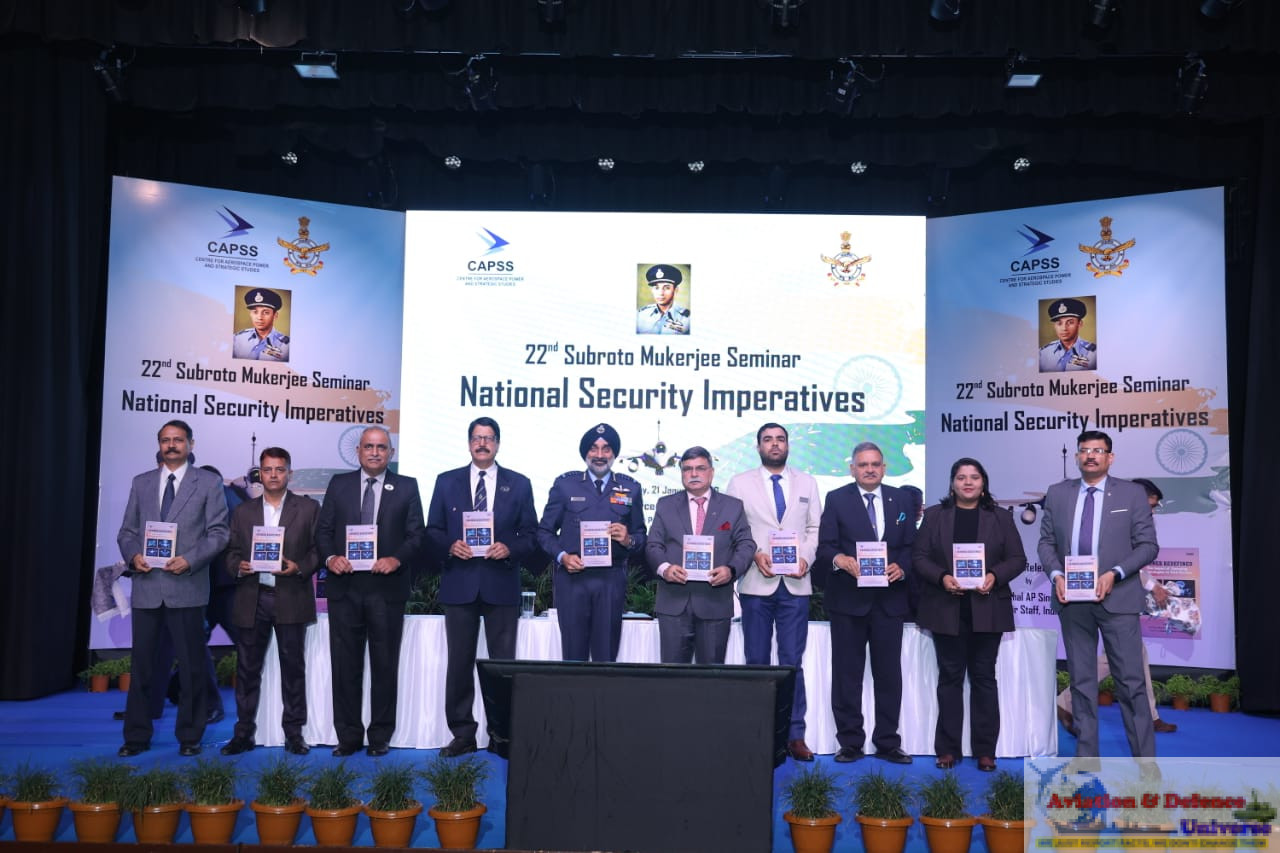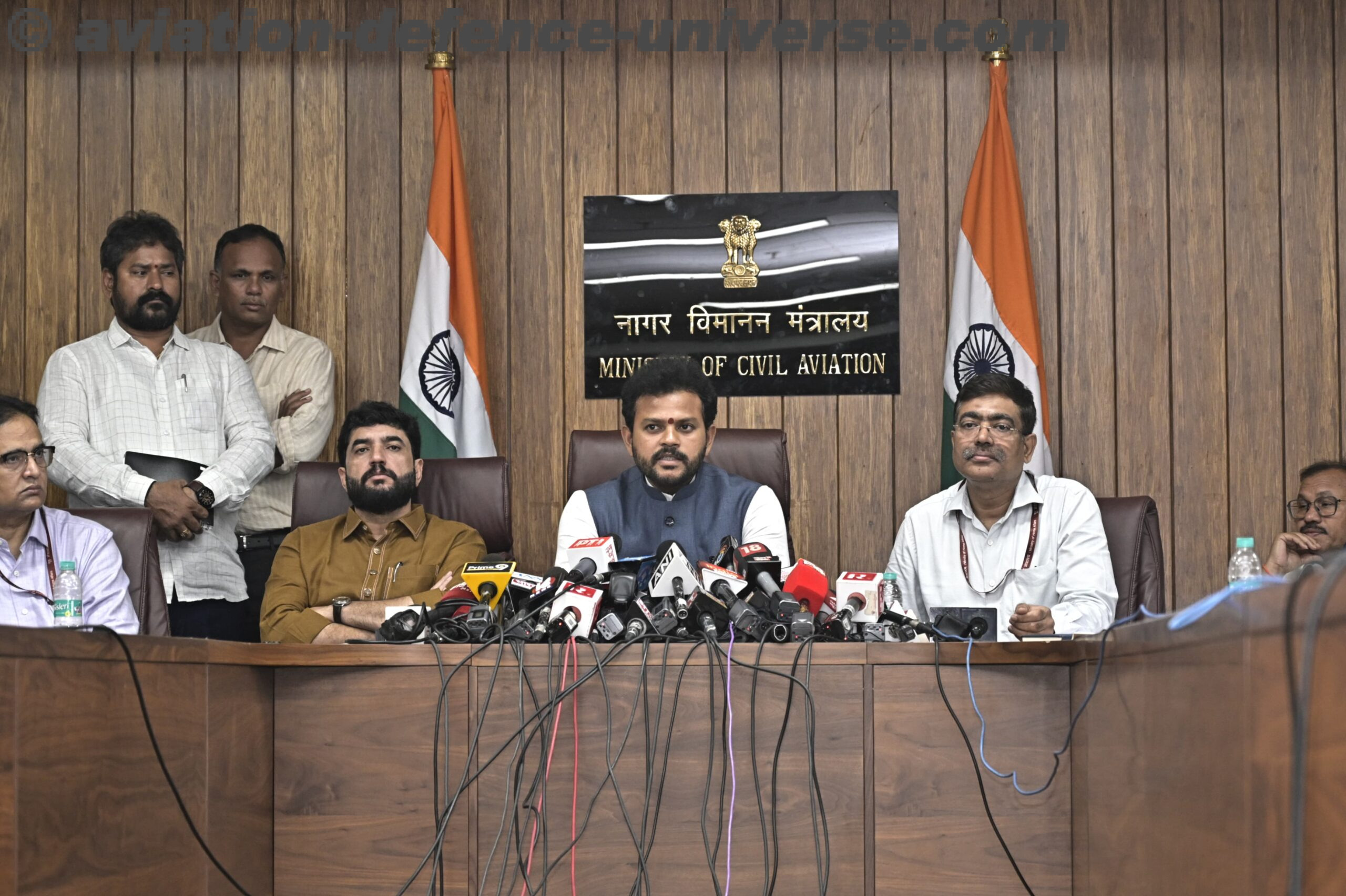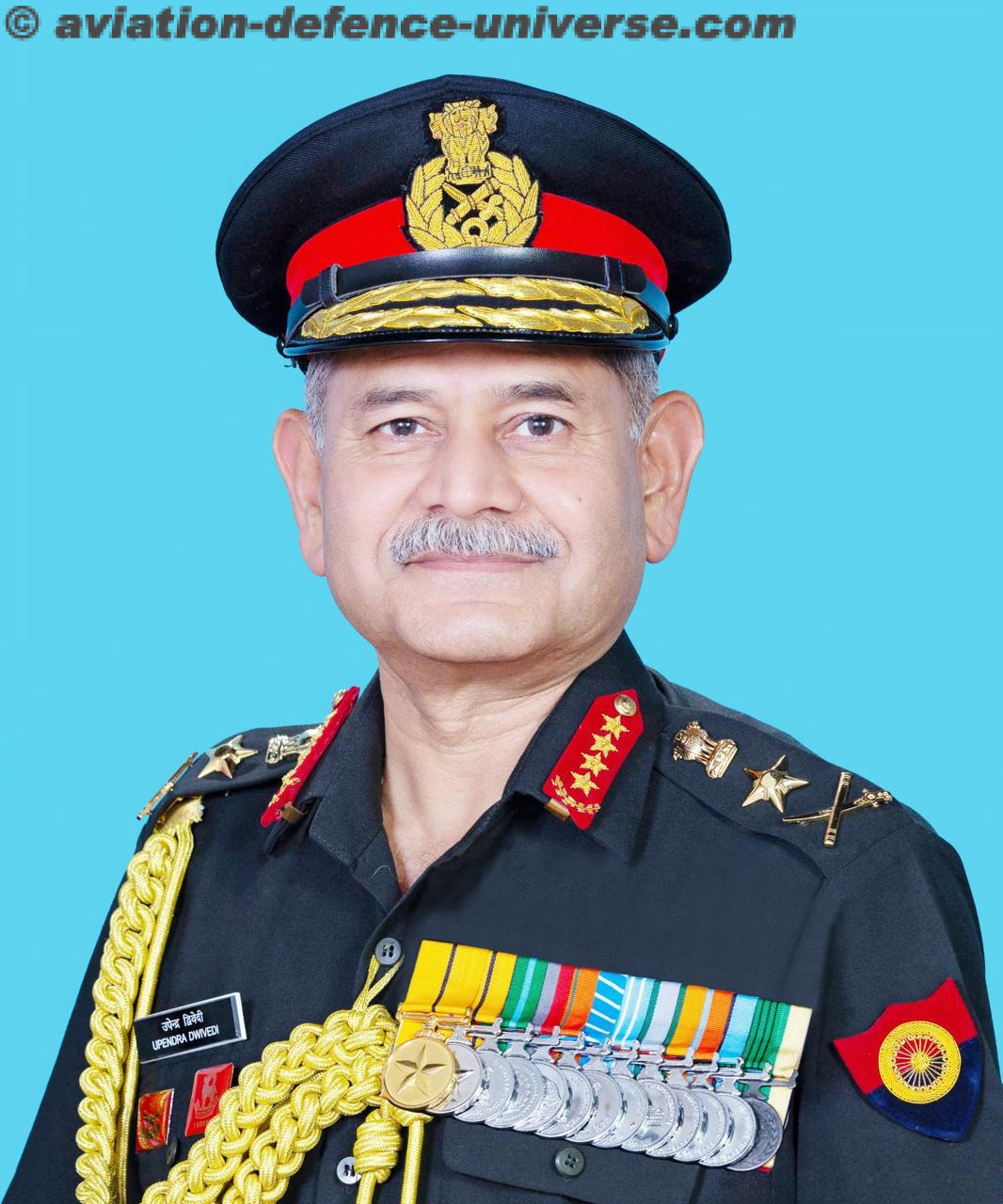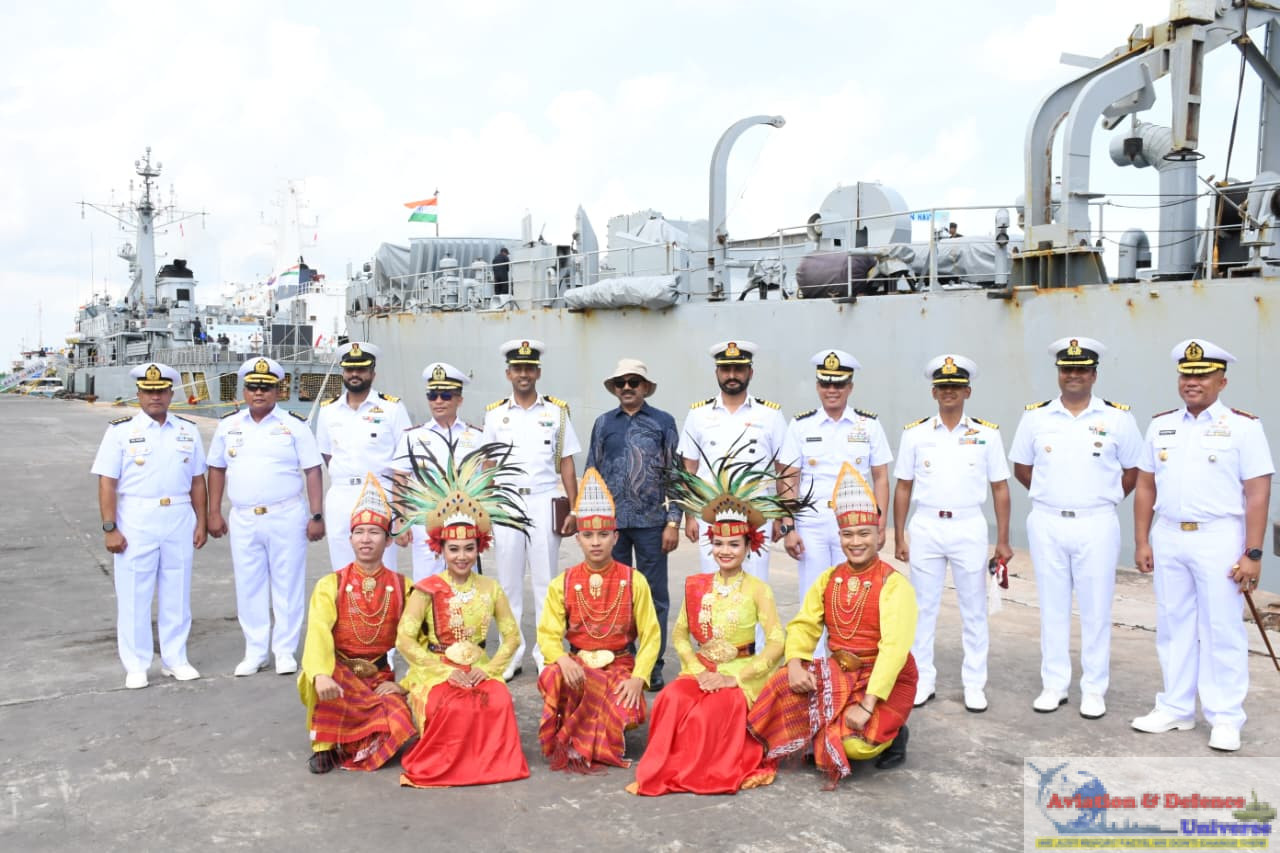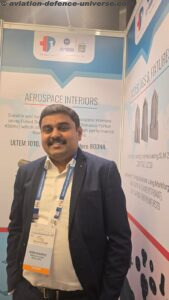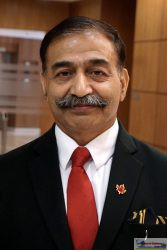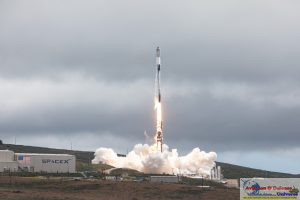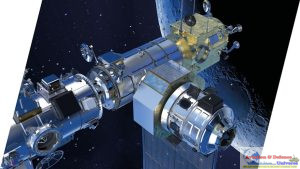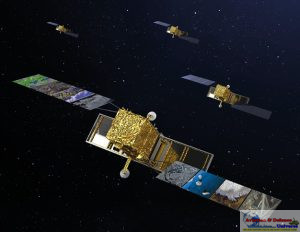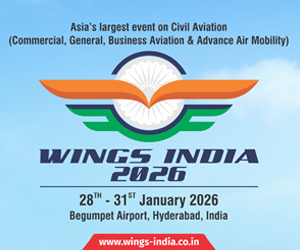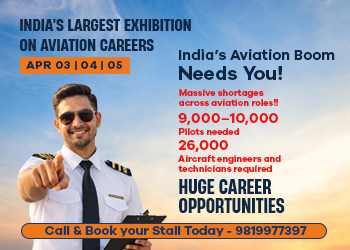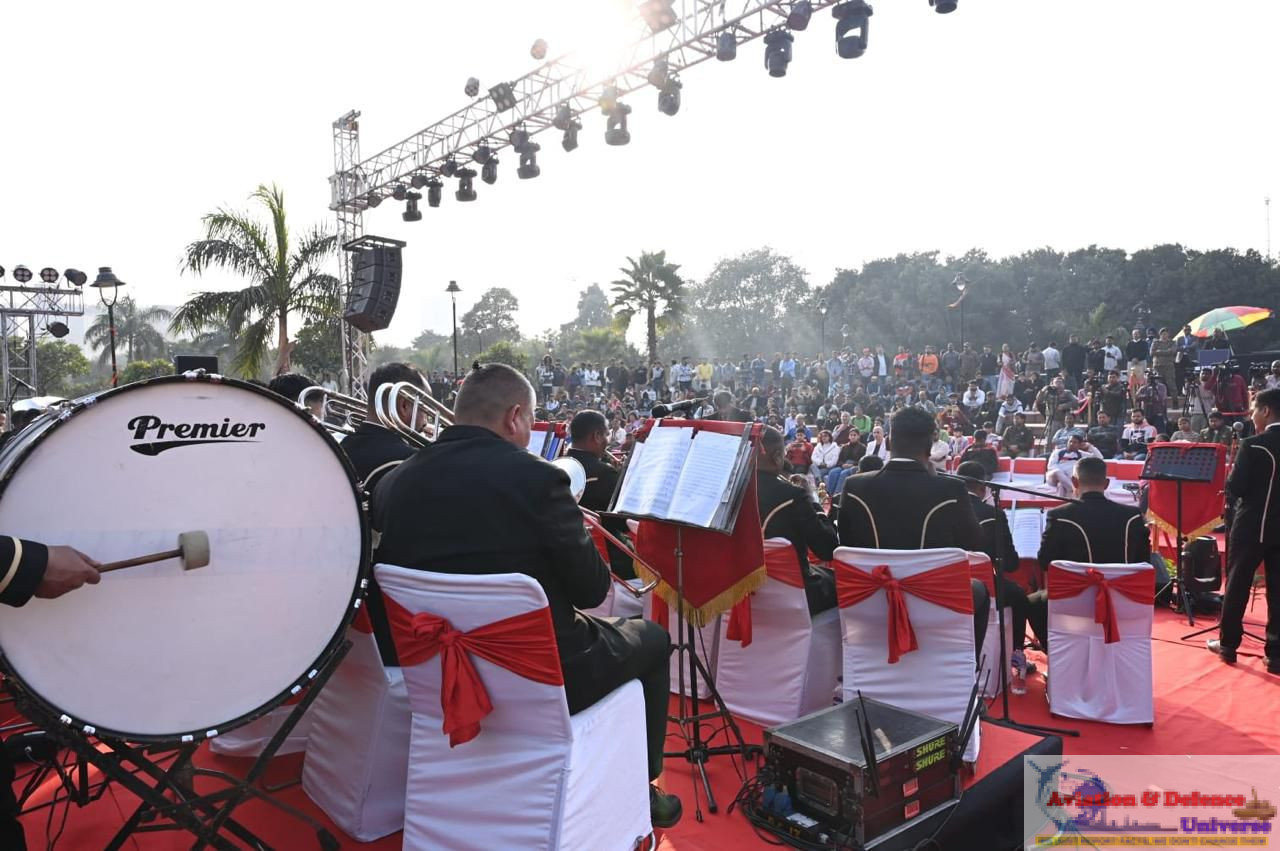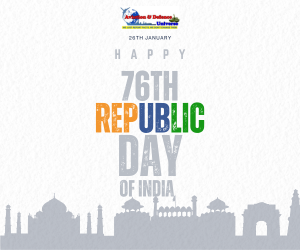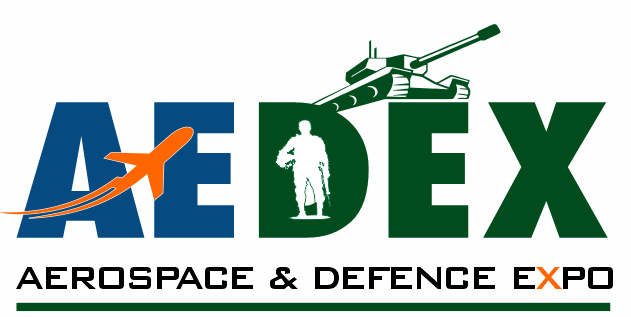- Building India’s Additive Edge : A Q&A with Primaeam’s Franklin Dathy
- Tamil Nadu’s Aerospace Ecosystem Gains Altitude—Insights from AIDAT’s Secretary
- 3D Printing for Space and Skull : Primaeam’s Multi-Sector Push
By Sangeeta Saxena
New Delhi. 26 June 2025. Additive manufacturing, commonly known as 3D printing, is rapidly revolutionizing India’s aerospace and healthcare sectors. The technology enables rapid prototyping and production of complex components that are both lightweight and structurally robust—essential for applications in space missions, launch vehicle subsystems, and satellite hardware. Indian companies like Primaeam are leveraging this capability to produce components such as thrust chambers, injectors, and antenna support structures with remarkable precision, drastically reducing time and cost associated with traditional manufacturing methods.
At the India Space Congress 2025, ADU caught up with Franklin Dathy, Business Head of Primaeam Solutions Pvt Ltd., a pioneering force in additive manufacturing for space and healthcare sectors. As an industry leader, Franklin also serves as Secretary of the Aerospace Industry Development Association of Tamil Nadu (AIDAT). In this exclusive interview, he sheds light on the company’s innovations in 3D printing, collaborations with ISRO, involvement with Tamil Nadu’s aerospace ecosystem, and its foray into life-saving medical applications.
ADU. Welcome, Franklin. Tell us about Primaeam and what brings you to the India Space Congress this year.
Franklin Dathy. Thank you so much. It’s always a pleasure to be here and interact with the vibrant space community. Primaeam Solutions Flight Ltd. is exploring opportunities in the space sector, focusing on hardware development—especially for launch vehicles and satellite systems. We specialize in additive manufacturing, or 3D printing, with capabilities in both metal and thermoplastics. Our facility is AS9100D certified, and we work closely with both ISRO and Indian private companies.
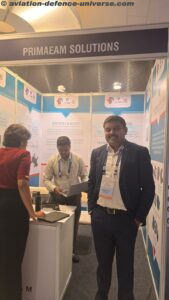
ADU. What are you showcasing at your stall here?
Franklin Dathy. We’re displaying hardware components used in thrust chambers, injectors, and communication systems—essentially anything required for launch vehicles and antennas. These are printed in materials like Inconel. Titanium, Aluminium and Stainless Steel. We’re also showcasing composites and thermoplastics which are key for both aerospace and space-grade applications.
ADU. What’s your current market focus—India or international?
Franklin Dathy. Initially, our focus is India, especially with its booming space programme. But since Indian companies are expanding globally, we naturally tag along through those partnerships. In aerospace, where design and manufacturing capabilities are still maturing domestically, we work closely with global players as well, offering design validation and component manufacturing.
ADU. You’re also associated with AIDAT. Could you tell us about your work there?
Franklin Dathy. Absolutely. AIDAT (Aerospace Industry Development Association of Tamil Nadu) is a non-profit body aimed at building an end-to-end aerospace ecosystem. It was started by industry stalwarts . The Current Chairman is Dr. Christopher (former DRDO chief). As Secretary, I help coordinate MSME development, connect manufacturers with policy support, and conduct buyer-seller meets. We focus a lot on enabling Tamil Nadu’s MSMEs to become globally competitive.
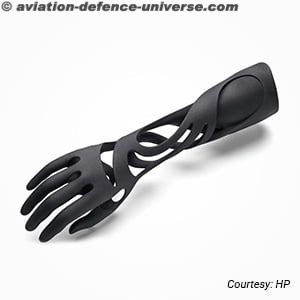 ADU. Can you share some outcomes from your MSME engagement efforts?
ADU. Can you share some outcomes from your MSME engagement efforts?
Franklin Dathy. Certainly. We’ve conducted major buyer-seller meets in Coimbatore and Hosur where over 150–250 MSMEs engaged directly with DRDO, HAL, and L&T. We help them with certifications like AS9100, vendor registrations on GEM, and provide handholding in establishing business ties with large defence OEMs.
ADU. What about your expansion into healthcare?
Franklin Dathy. We’ve been making 3D printed patient-specific implants, particularly for cranial reconstruction. These are made with imported titanium powders and German machines, and our facility is ISO 13485 certified. Last year, we served 150 cancer patients with custom implants, replacing skull sections, jaws, and more. It’s a life-saving application of additive manufacturing.
ADU. That’s impressive. Any upcoming collaborations or goals?
Franklin Dathy. We are planning to expand both our healthcare and aerospace manufacturing portfolios. We also have an event with BCI Aerospace and TIDCO scheduled in October in Chennai to bring more global players to India’s defence and aerospace landscape.
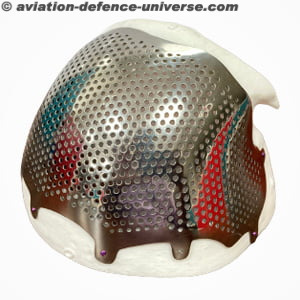 In parallel, additive manufacturing is opening new frontiers in the medical field by enabling the creation of patient-specific implants. These custom implants are tailored to individual anatomy, especially in cases involving cranial or jaw reconstructions, offering faster recovery and better surgical outcomes. Could be of help in solving soldier medical contingencies in the armed forces and para military forces. With ISO 13485 certified facilities, companies like Primaeam are also localizing what was once a heavily import-dependent process, contributing to India’s goals of healthcare innovation and self-reliance under the ‘Atmanirbhar Bharat’ initiative.
In parallel, additive manufacturing is opening new frontiers in the medical field by enabling the creation of patient-specific implants. These custom implants are tailored to individual anatomy, especially in cases involving cranial or jaw reconstructions, offering faster recovery and better surgical outcomes. Could be of help in solving soldier medical contingencies in the armed forces and para military forces. With ISO 13485 certified facilities, companies like Primaeam are also localizing what was once a heavily import-dependent process, contributing to India’s goals of healthcare innovation and self-reliance under the ‘Atmanirbhar Bharat’ initiative.
Franklin Dathy’s leadership at Primaeam and AIDAT exemplifies the innovation and resilience of India’s MSME sector in aerospace and healthcare. By combining additive manufacturing with practical applications in defence, space, and patient care, Primaeam is not just printing parts—it’s shaping India’s industrial future. Whether it’s the skies above or the lives below, 3D printing is transforming the way we build, heal, and progress.
As told to Sangeeta Saxena








